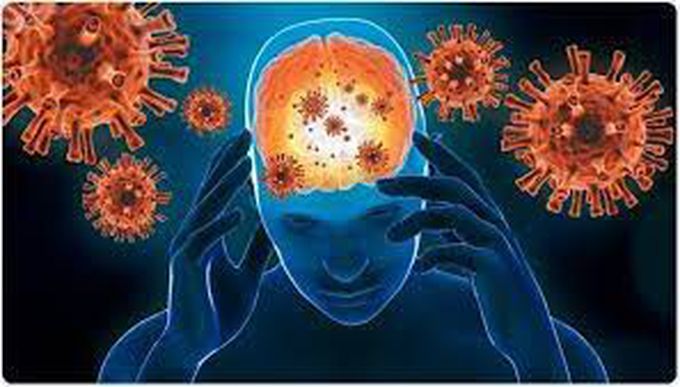


What causes encephalitis?
In approximately half of patients, the exact cause of encephalitis is not known. In those for whom a cause is identified, there are two main types of encephalitis: Infectious encephalitis. This condition occurs when a virus or other agent directly infects the brain. The infection may affect one area or be widespread. Viruses are the most common causes of infectious encephalitis, including some that can be passed by mosquitoes or ticks. Very rarely, encephalitis may be caused by bacteria, fungus or parasites. Autoimmune encephalitis. This condition occurs when your own immune cells mistakenly attack the brain or make antibodies targeting proteins and receptors in the brain. The exact reason why this happens is not completely understood. Sometimes the abnormal immune response can be triggered by benign or cancerous tumors, known as paraneoplastic and autoimmune encephalitis. Other types of autoimmune encephalitis such as acute disseminated encephalomyelitis (ADEM) can be triggered by infection in your body. This is known as post-infectious autoimmune encephalitis. In many instances, no definitive trigger for the abnormal immune response is identified.

